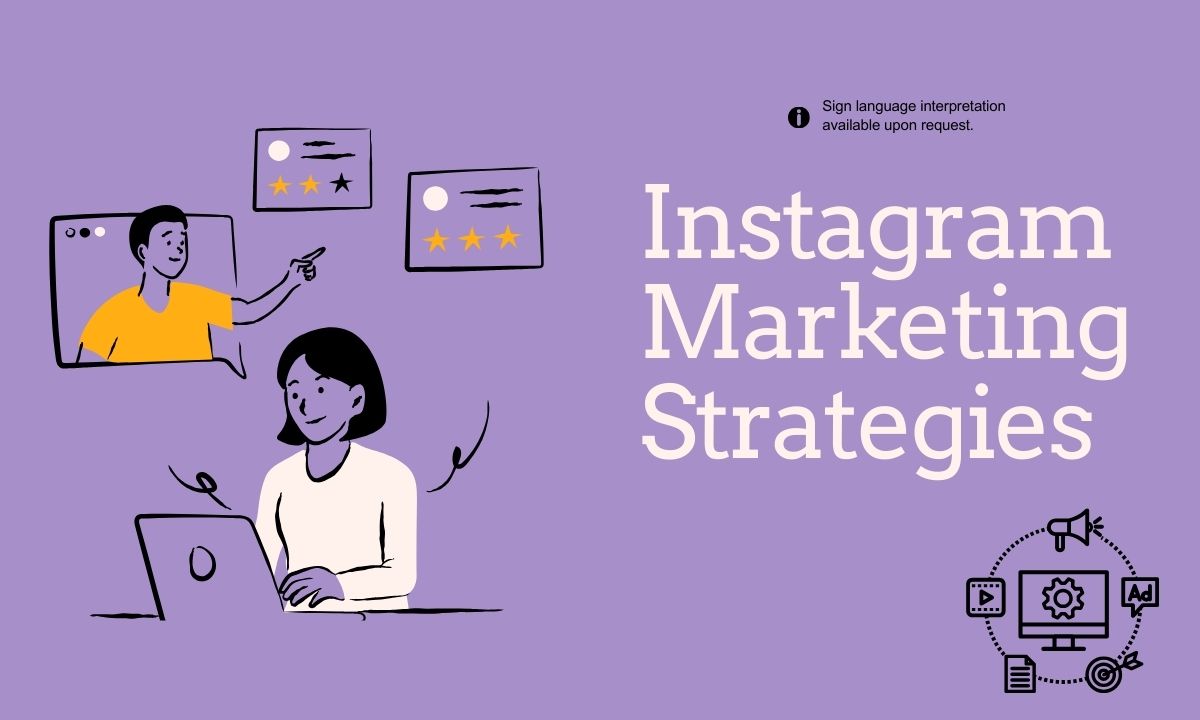In today’s digital landscape, the emergence of synthetic voices marks a significant advancement in artificial intelligence. OpenAI proudly presents preliminary insights from a small-scale preview of OpenAI Voice Engine, a model designed to create custom voices using text inputs and brief audio samples. This revolutionary technology has the potential to generate natural-sounding speech that closely mirrors the original speaker, ushering in a new era of human-computer interaction.
Early Applications and Impact Of OpenAI Voice Engine
Empowering Education Through Natural-Sounding Voices.One notable application of OpenAI Voice Engine is its ability to provide reading assistance to non-readers and children through emotive voices representing a diverse range of speakers. Educational platforms like Age of Learning leverage this technology to generate pre-scripted voice-over content and deliver personalized responses to students, thereby enhancing accessibility and inclusivity in learning.
Bridging Language Barriers with Multilingual Translation
Voice Engine’s capability to fluently translate content into multiple languages while preserving the native accent of the original speaker holds immense potential for global communication. Platforms like HeyGen utilize this feature to translate videos and podcasts, enabling creators to reach a broader audience and fostering cultural exchange on a global scale.
Enhancing Essential Service Delivery in Remote Settings
In remote and underserved communities, OpenAI Voice Engine plays a pivotal role in improving essential service delivery. Organizations like Dimagi leverage this technology to provide interactive feedback and counseling in local languages, empowering community health workers to deliver vital services effectively.
Fostering Communication for Individuals with Disabilities
For individuals with speech impairments or communication disabilities, OpenAI Voice Engine offers a lifeline to express themselves authentically. Livox, an AI alternative communication app, utilizes Voice Engine to provide non-robotic voices across multiple languages, enabling users to communicate with clarity and confidence.
Restoring Voices: A Beacon of Hope in Healthcare
In clinical settings, OpenAI Voice Engine emerges as a transformative tool for restoring voices for patients with speech impairments. Initiatives like the program piloted by the Norman Prince Neurosciences Institute at Lifespan demonstrate the potential of Voice Engine to restore speech capabilities for individuals affected by neurological conditions, offering hope and improving quality of life.
Addressing Risks and Ensuring Responsible Deployment
Safeguards Against Misuse Policies and Partnerships Recognizing the risks associated with synthetic voices, OpenAI is committed to implementing stringent safeguards and fostering collaboration with stakeholders from government, media, and civil society. Usage policies prohibit impersonation without consent, ensuring transparency and accountability in voice generation.
Upholding Ethical Standards: Transparency and Consent
Partners testing OpenAI Voice Engine must adhere to guidelines requiring explicit consent from the original speaker and transparent disclosure of AI-generated voices. Additionally, safety measures such as watermarking and proactive monitoring are implemented to trace the origin of generated audio and prevent misuse.
Advocating for Voice Authentication and Content Tracking
OpenAI advocates for the development of voice authentication experiences and robust content tracking mechanisms to verify the authenticity of voices and prevent deceptive AI content. Measures like a no-go voice list aim to detect and prevent the creation of voices resembling prominent figures, safeguarding against misuse and manipulation.
Looking Ahead: Challenges and Opportunities
Educating the Public: Understanding AI Capabilities and Limitations
As synthetic voice technology evolves, it is crucial to educate the public about its capabilities and limitations. OpenAI emphasizes the importance of fostering public awareness and understanding of AI technologies to mitigate the spread of deceptive content.
Transitioning Away from Voice-Based Authentication
In light of the risks associated with synthetic voices, OpenAI advocates for phasing out voice-based authentication for sensitive information. Exploring alternative security measures will enhance privacy protection and mitigate the risk of identity theft.
Protecting Individuals’ Voices: Policy Considerations
Policy frameworks should be developed to protect individuals’ voices and privacy rights in the era of synthetic voices. OpenAI calls for policies that regulate the use of individuals’ voices in AI applications and ensure consent and transparency in voice generation processes.
Bolstering Societal Resilience Against Deceptive AI Content
Accelerating the development and adoption of techniques for tracking the origin of audiovisual content is essential to combat deceptive AI content. OpenAI collaborates with stakeholders to develop robust mechanisms for verifying the authenticity of voices and content, fostering trust and resilience in digital interactions.
Conclusion: Shaping a Responsible and Inclusive Future
OpenAI Voice Engine represents a transformative leap forward in human-computer interaction, offering boundless opportunities for innovation and empowerment. However, realizing its full potential requires a concerted effort to navigate ethical, social, and technical challenges. By fostering dialogue, implementing safeguards, and advocating for responsible deployment, we can harness the power of synthetic voices to create a more inclusive and equitable future for all.







